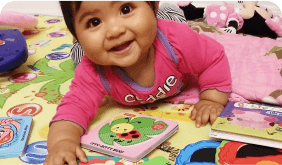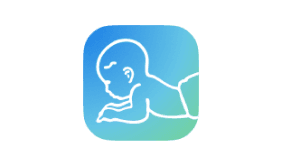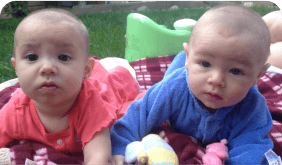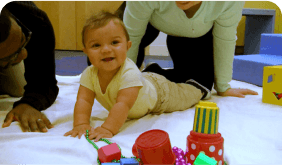Close your eyes and imagine you’re picking up something small, like a bead or a piece of popcorn. Now think about holding a pen or pencil, and how you would hold it in your hand. Finally, imagine you’re zipping up or buttoning your jacket. These are all very simple but important fine motor movements we use to feed ourselves, write, get dressed, and so on. And all of these tasks use an important fine motor skill that baby is learning to develop: the pincer grasp!

While the pincer grasp is a very simple movement, it’s a huge step forward for baby’s fine motor skills.
This grasp is where baby brings thumb and index finger together to pinch and grasp, and do everything from grab small items to learning how to write. Here are some more details!
What does baby do before they develop their grasp?
Baby grabs with their whole hand before they can grasp. They may do a “raking” grasp around 6 months, which is where they bring their fingers to their palm to pick up small items like bits of food. As they get older, they may use a movement that looks like the pincer grasp, but uses the pads of the thumb rather than the top of the thumb. This is sometimes called a “crude pincer grasp.”
When can you expect baby to use the pincer grasp?
Baby will begin to use the pincer grasp around 9 months, but this can even happen as late at 12 months. When baby starts grasping, it’s time to make sure they don’t start putting the things they grab in their mouth!
Are there ways to practice the pincer grasp?
Yes! Any activities that involve touching or exploring with baby’s hands can help. This includes:
What does it help with?
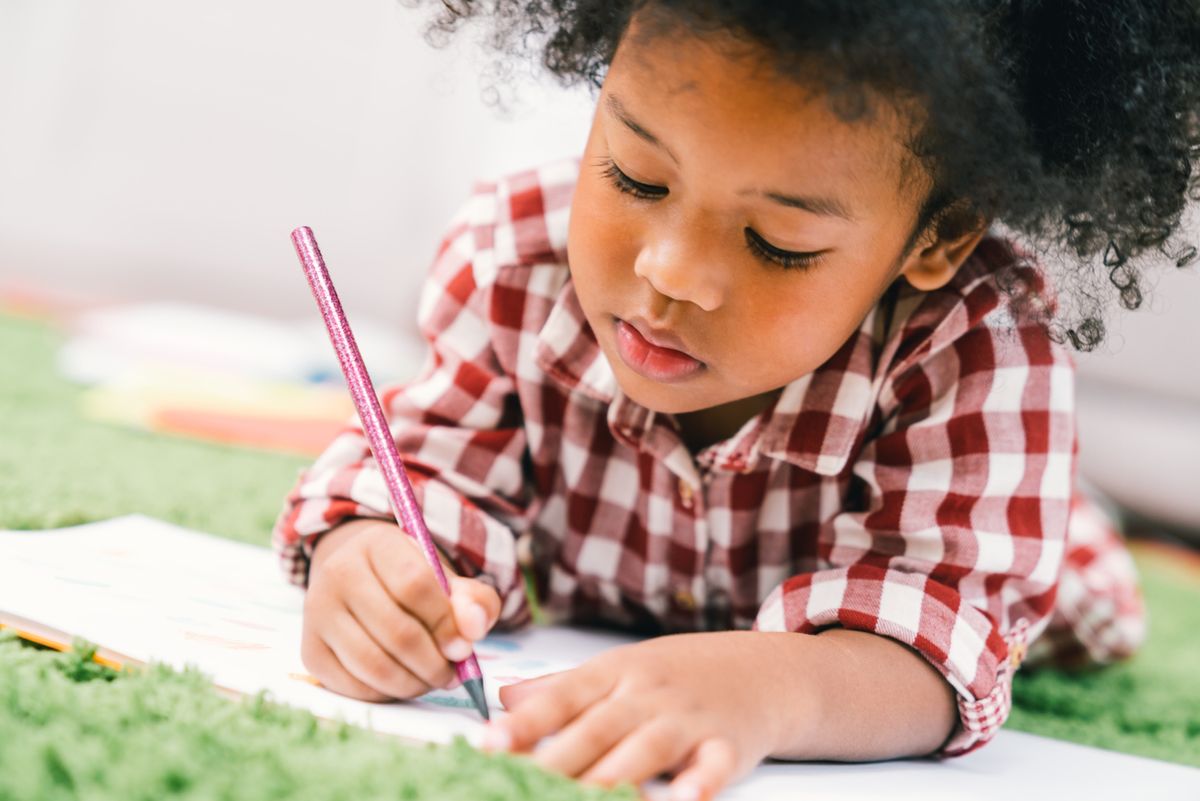
So many daily activities! Including but not limited to:
Feeding self (with fingers and utensils)
Buttons, zips, and snaps
Grabbing any small objects
Writing and coloring
What should you do if baby is not doing the pincer grasp?
It’s ok if baby isn’t grasping just yet! Every baby is different. Talk to baby’s healthcare provider to see if they have any tips to help baby get the hang of it.
